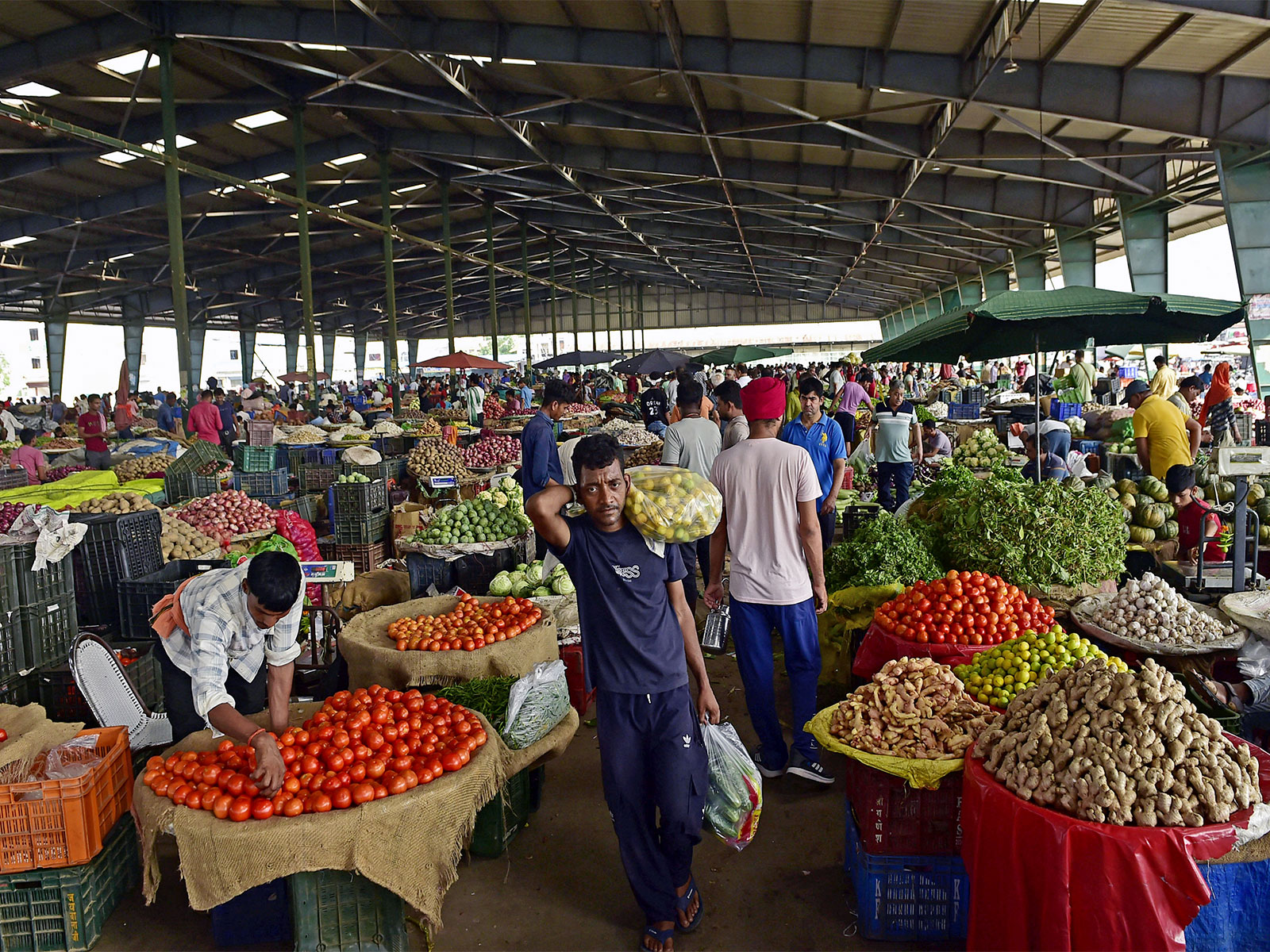New Delhi [India], April 25 (ANI): The National Commission for Women has expressed deep concern over the recent “communal violence” in West Bengal’s Murshidabad and Malda districts, where women and girls were “subjected to unspeakable acts of sexual violence, physical assault, and rape threats.”
“The National Commission for Women expresses its deep concern and anguish over the large-scale communal violence that recently occurred in Murshidabad and Malda districts of West Bengal. An Inquiry Committee led by the Chairperson, Vijaya Rahatkar, visited the affected regions and recorded harrowing testimonies of survivors, particularly women and girls, who have suffered disproportionately due to the targeted violence,” as per an official release.
According to observations by the NCW, the communal violence had a particularly devastating impact on women and girls. Many were subjected to unspeakable acts of sexual violence, physical assault, and rape threats. Survivors described how they were dragged out of their homes, brutally attacked, and in some instances, told to send their daughters to be raped. The trauma inflicted on these women is severe, and the psychological, emotional, and physical toll will be long-lasting. Forced displacement has further pushed these women into vulnerable situations, violating their basic human rights and dignity.
“The Committee observed a complete breakdown of administrative machinery and governance in Murshidabad district. Despite prior intelligence and visible tensions in the area, the State Government failed to take preventive or responsive action, and instead, appeared to act as a mute spectator,” the release read.
The violence appears to have been deliberate and premeditated, with many victims alleging that Hindu homes and businesses were selectively targeted in an apparent effort to seize land and property. The porous border with Bangladesh, combined with poor administrative vigilance, has worsened the situation, and the presence of radical religious elements in the area cannot be ruled out.
“Women in Murshidabad are being deliberately targeted, creating an atmosphere of fear and insecurity. This is not a series of isolated incidents–it is a reflection of a systemic failure that has caused lasting trauma, destabilized communities, and fractured the social fabric. Survivors recounted losing their husbands or sons and witnessing the destruction of their homes, which were burned or vandalized during the attacks,” the release read.
The NCW press release stated, Public trust in the West Bengal Police has been drastically eroded. Several factors have contributed to this decline in confidence: The police either ignored or responded slowly and ineffectively to calls for help from victims. Distrust has been amplified by the perception that the police were lenient towards rioters, suggesting possible complicity in a political agenda rather than a commitment to maintaining peace. In an increasingly polarized discourse, public doubts about the police have been reinforced — questioning their impartiality, capability, effectiveness, and even their willingness to manage crises and ensure the safety and security of victims.
“The community, especially Hindu residents, expressed a complete loss of faith in the State Police and demanded the establishment of BSF or CRPF camps to ensure their safety and return to normalcy,” the release read.
Chief Minister of West Bengal, Mamata Banerjee, issued a peace appeal on the night of 19th April, 2025, but has not visited the site or met with the victims yet.
“The Committee noted with concern that those who attempted to help the displaced and traumatized families were threatened and intimidated. The State Government provided no meaningful assistance to the Committee during the inquiry process, and senior officers failed to attend the proceedings despite repeated requests. This non-cooperation reflects a disturbing disregard for accountability and transparency,” the release read.
The conditions in the relief camps, particularly in Malda District, are equally dire. Victims lack basic amenities such as food, clothing, drinking water, sanitation, and medical support. The State Government has failed to provide even minimum relief, leaving already traumatized families in a continued state of distress and uncertainty.
Violence erupted on April 11 in Murshidabad, a Muslim-majority district, during a protest against the Waqf (Amendment) Act. The protest turned violent, resulting in two deaths, several injuries, and property damage. Thousands of people fled their homes in search of safety.
The protest later spread to other districts, including Malda, South 24 Parganas, and Hooghly, where incidents of arson, stone-pelting, and road blockades were reported. (ANI)
Disclaimer: This story is auto-generated from a syndicated feed of ANI; only the image & headline may have been reworked by News Services Division of World News Network Inc Ltd and Palghar News and Pune News and World News
HINDI, MARATHI, GUJARATI, TAMIL, TELUGU, BENGALI, KANNADA, ORIYA, PUNJABI, URDU, MALAYALAM
For more details and packages
















